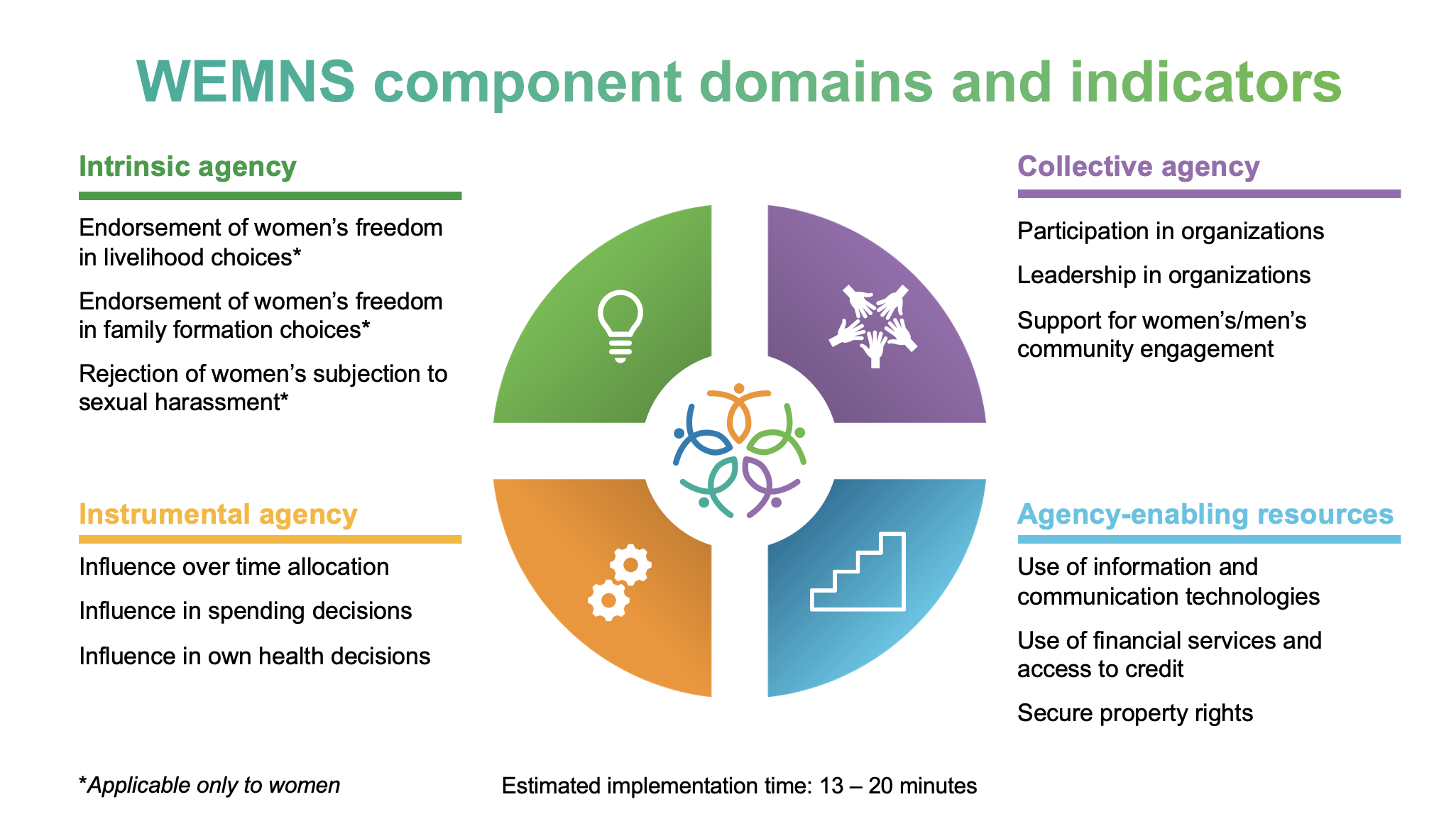Though the effects of famine can extend beyond a single generation, researchers have found that by and large, humans are surprisingly resilient in the face of such extreme nutrition shocks. While recent initiatives such as the 1,000 Days partnership and the Lancet Maternal and Childhood Nutrition series have highlighted the importance of early childhood nutrition in the context of both individual and societal health, the impact of early childhood famine on the well-being of future generations has remained a mystery, until recently.
In their discussion paper, Sins of the Fathers: The Intergenerational Legacy of the 1959-1961 Great Chinese Famine on Children’s Cognitive Development, IFPRI senior research fellow Xiaobo Zhang and his co-authors Chih Ming Tan and Zhibo Tan studied the outcomes of the Great Chinese Famine of 1959-1961 and used the China Family Panel Studies (CFPS) dataset to examine the consequence of famine on the cognitive development of the offspring of famine survivors.
Two significant outcomes of famine are culling and scarring. Culling refers to the concept of excess mortality – i.e., “only the strong survive.” Scarring refers to the long-term negative impacts of early childhood famine on survivors. Researchers found that during a famine, male fetuses suffer from the culling effect to a greater extent than female fetuses, and that scarring affects the cognitive development of women famine survivors to a larger degree than male survivors.
The authors concluded that:
- Of the first-generation famine survivors, males did not exhibit any significant cognitive damage and females showed minor negative effects.
- The female children of fathers who experienced famine in early childhood were found to have significantly lower math scores. However, neither the male nor female children of women who experienced famine exhibited any major impacts.
- A preference for male children—which sometimes manifested itself in allocation of limited resources to ensure the son’s survival—could explain why first-generation male survivors seem to exhibit no major impacts from the famine exposure and yet have daughters who do. This impact is only exhibited in families with both daughters and sons.
- By and large, people are resilient to extreme nutrition shocks. The famine effects on one generation are unlikely to be passed onto subsequent generations.
Related materials







